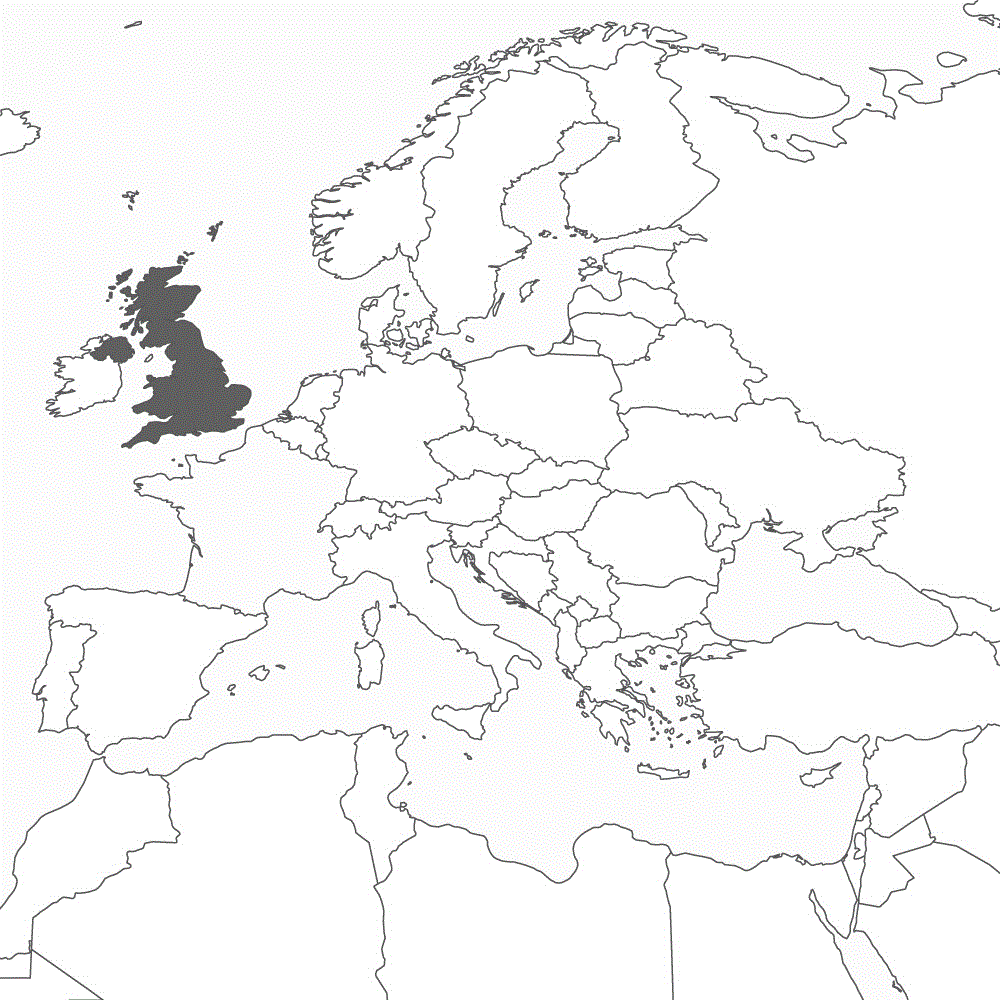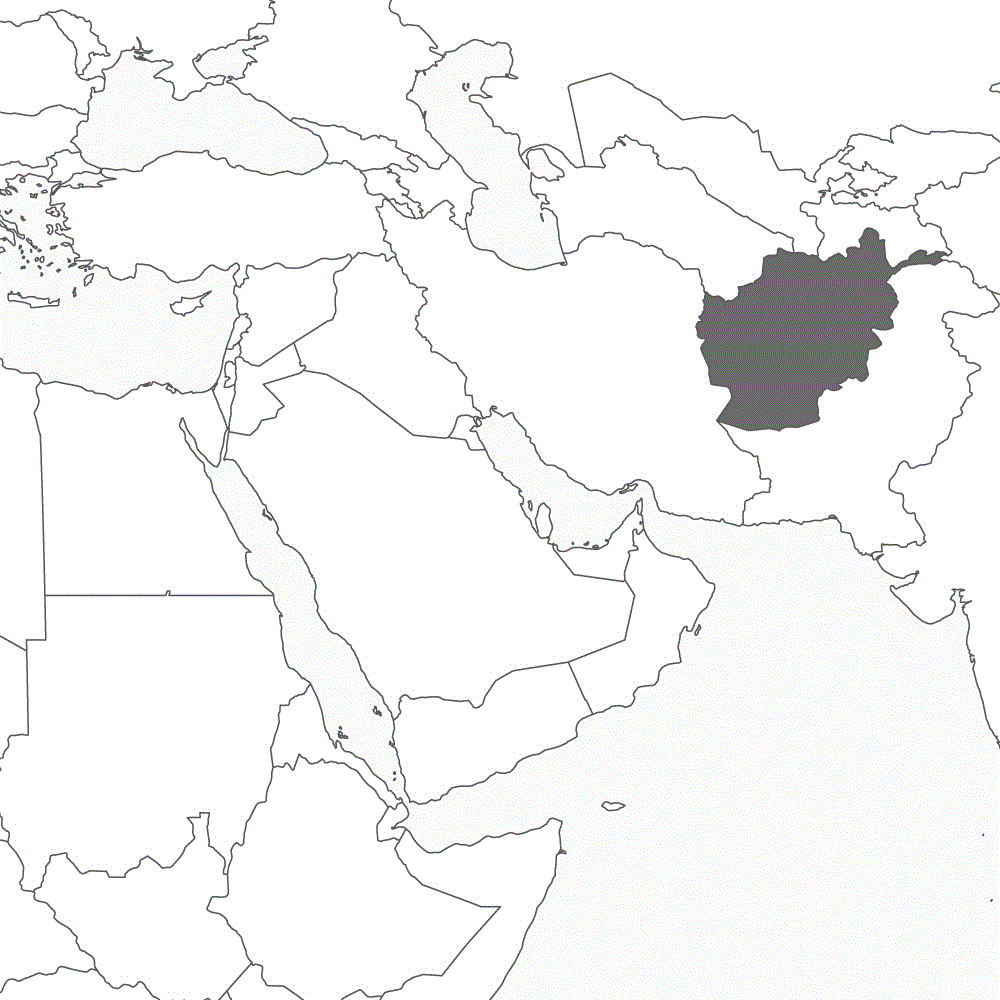BERLIN/BEIJING (Own report) - Germany's Defense Ministry is joining the discussion on Germany's policy toward China with a new publication aimed at "contributing to the debate on security policy in Germany" and seeking an answer to the People's Republic of China's rise to global power status. The defense ministry's analyses span the entire spectrum of the current debate - from a call for an independent EU policy in East Asia, to collaboration with the United States in the struggle for western influence in the region. There is no consensus on whether the EU - independently from the transatlantic alliance - can become strong enough to have influence in the Pacific Basin. While the discussion continues, more conflicts are emerging in concrete policy-making regarding China's influence on the European continent. Germany is beginning to worry about the loss of its hitherto undisputed dominance in Eastern and Southeast Europe. Read more
LONDON/BERLIN/BRUSSELS (Own report) - Fierce power struggles over EU foreign policy orientation and leadership accompany western threats against Russia following the Salisbury poison assassination attempt. With its accusations of Russia, London has succeeded in imposing "a united western foreign policy approach under British leadership," a leading German daily has noted. Great Britain has become the "West's new front-line state." After leaving the EU, the UK is presently setting course for its ensuing European policy, by focusing not only on a military treaty with France, but also another with Poland, aimed against Russia. Berlin is maneuvering: On the one hand, it is closing ranks against Moscow and, on the other, it is not willing to cede leadership of EU foreign policy. "Good and close collaboration between Russia and Germany" is very "important," the German president declared, thus marking a first counterpoint to British policy. Read more
BERLIN/LONDON/MOSCOW (Own report) - NATO is envisaging a new arms buildup against Russia, as NATO Secretary General Jens Stoltenberg announced yesterday in an interview. Stoltenberg expects that the heads of states and governments of NATO's member countries will "face new decisions" at the NATO summit in July in Brussels to "improve" the "defensive capabilities" and military "preparedness" of the member nations. Officially, this was triggered by the double assassination attempt in Salisbury, Great Britain, which until now has not been solved. Police predict that the investigation may take months. A former British ambassador explains that employees of Britain's foreign office compare the pressure they are now under for this case, with the pressure in 2003, when the government claimed that Iraq was in possession of weapons of mass destruction. Germany's Federal Intelligence Service (BND) is also introducing new measures against Moscow, whereas the majority of the German population favors rapprochement with Russia. Read more
BERLIN/BRUSSELS (Own report) - In the midst of heated criticism, the European Parliament will launch a probe into the meteoric rise of the German, Martin Selmayr, to the position of EU Commission's General Secretary. Selmayr, a controversial figure in the Brussels' bureaucracy, rose to the top of an administration, with a staff of 32,000, under circumstances many consider quite dubious. Observers complain of nepotism in the Commission and speak of conditions similar to those in a "banana republic." Other Germans in Brussels defend Selmayr, for example, Günther Oettinger, the German EU Commissioner for Budget and Human Resources - whose predecessor quit over her dispute with Selmayr and his long-time sponsor Elmar Brok, currently serving as the EU Parliament's "Brexit-Sherpa." The parliamentary committee in charge of an investigation into Selmayr's meteoric rise is also headed by a German CDU politician. Germans hold many key positions in other EU administrations, such as EU financial institutions. Critics are already warning against the "Germanization" of the EU parliament. Read more
BERLIN/LONDON (Own report) - With nearly double-digit billions in losses, the German business community would be the main loser of a "hard Brexit" among the remaining EU members, according to a recent analysis on the upcoming Brexit. The EU27 would thus face greater losses than the UK, should Brexit not be followed up with a comprehensive trade and tariff agreement. German companies must expect annual losses of around nine billion euros. The German automotive industry most likely will be the hardest hit. At the moment, a "hard Brexit" seems more likely, because Brussels refuses to include in a post-Brexit trade agreement not only the protection of EU interests but also access to UK financial services. Due to the EU's obstructionist policy, public opinion is growing increasingly sour toward Brussels. Even British Brexit opponents are lamenting the "EU's arrogance" and warning that "a Britain that feels humiliated by the EU could be an uncomfortable neighbor." Read more
KABUL/BERLIN (Own report) - The German government has announced that today, the cabinet will decide to augment the Bundeswehr troop contingent in Afghanistan. As was already previously announced, the maximum number of German troops deployed in that country will be raised from 980 to 1,300 because of the need to expand the protection of German military instructors. The situation in Afghanistan is, in fact, deteriorating. Even according to US sources, the Afghan government controls only a few more than half of the country's districts. For fear of attacks, soldiers avoid using road vehicles as much as possible. Last year nearly 3,500 civilians were killed in armed hostilities or attacks. After 16 years of occupation, defeating the Taliban seems more distant than ever. Increasing the number of troops is strengthening the western presence, at a time when Moscow is again gaining influence at the Hindu Kush and offering to moderate ceasefire negotiations. Read more
BERLIN (Own report) - A new study on the minimum wage in Germany and the most recent metal industry collective agreements leads to the conclusion that the German elite intends to continue the social dumping and the policy of wage restraint for the maximization of German industrial profits through continuing excessive exports. On the one hand, this strategy is at the expense of other eurozone countries, affected, to a growing extent, by the socio-economic imbalance. On the other, it creates an enormous social gap in Germany. The minimum wage is in relationship to the average income much lower in Germany than in other EU countries, and it has been sinking in real value ever since its introduction in 2015. Due to the dismantling of the welfare state, the risk of sinking into permanent poverty with the loss of employment is also higher in Germany than in any other EU country. The German government is continuing its years-long pursuit of its policy of facilitating export with social dumping - also in the face of, at times, hefty criticism from abroad. Read more
GERMAN-FOREIGN-POLICY.com
Information on German Foreign Policy: News + Interviews + Analyses + Background



